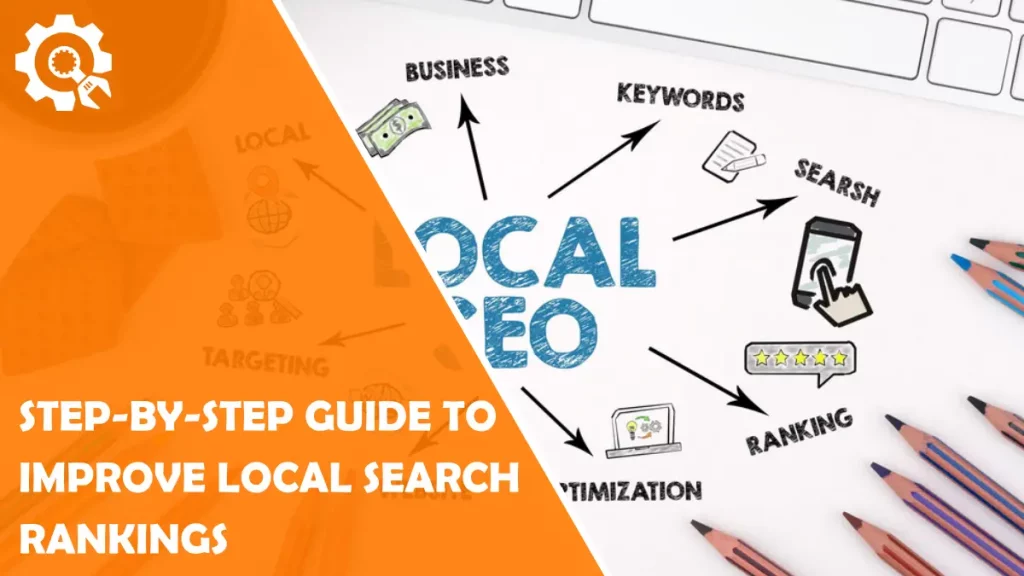For local businesses aiming to gain more visibility online, understanding how they rank in specific regions is essential. Local SEO plays a critical role in how companies are seen by nearby customers, especially in Google’s Map Pack and organic Search Engine Results Pages (SERPs). However, testing local SEO accuracy can be challenging without appearing physically in those regions. This is where the strategic use of proxies comes into play.
What Is Local SEO Testing?
Local SEO testing involves evaluating how a business appears in localized search results based on searches from different geographic locations. This includes presence in the Map Pack, also known as the local 3-pack, which showcases three top listings on Google Maps for location-based queries.
Testing allows SEO professionals to understand and improve their rankings across different areas. It also helps identify errors in listings, NAP inconsistencies (Name, Address, Phone number), and uncover competitor advantages – all key to local domination.
The Challenge with Local Testing
Without being physically present in a location, Google customizes search results based on detected IP addresses and search history. As a result, testing from a centralized office location can give inaccurate readings of geographic-specific results.
This creates a dilemma: how can SEO experts accurately test search results from another city, state, or even neighborhood?
Proxies as the Solution
Proxies allow SEO analysts to browse the internet as if they were located in another area. Instead of relying on regular internet connections, requests are routed through proxy servers that are geographically located where the user wants to simulate presence.
- Residential Proxies: These originate from real devices, offering more accurate SERPs since search engines see real residential IPs.
- Mobile Proxies: Particularly effective for mobile SEO, as they simulate search results generated from mobile devices.
- Datacenter Proxies: Fast and cost-effective, though sometimes blocked or flagged by Google if abused.
Using proxies in combination with SEO tools allows for accurate and geographically targeted testing of local SERPs and Map Pack placements.
Tools for Local SEO Testing
Several SEO tools have integrated proxy capabilities or allow manual proxy setup. Tools like BrightLocal, Local Falcon, GeoRanker, and Whitespark provide localized SERP analysis by area or ZIP code. Integrating proxies enhances their accuracy.
Others choose to automate custom solutions using Python scripting and proxy APIs to extract localized SEO data at scale.
Benefits of Proxy-Based Local SEO Testing
- Accurate Ranking Data: View SERP positions as real users in target locations.
- Better Competitor Analysis: Uncover how regional competitors perform in specific locales.
- Avoid Search Personalization: Eliminate bias from cookies, search history, and location data.
- Improved Decision Making: Make strategic changes based on correct data per locale.
Best Practices for Local SEO Testing with Proxies
- Use Reliable Providers: Choose proxy services with large location diversity and stability.
- Obey Terms of Service: Make sure interactions with search engines comply with usage policies.
- Combine with Manual Audits: Validate automated reports with manual spot-checks for context.
- Segment by ZIP or Neighborhood: Especially in large cities, test by ZIP code for granular insights.
Potential Drawbacks and Considerations
While proxy-based testing is powerful, it isn’t without limitations. Some proxies can become blocked if used excessively on Google. There’s also an ethical consideration in simulating location data. Choose high-quality providers and limit data scraping to avoid penalties or CAPTCHAs.
Moreover, proxies can add to the budget, so businesses must consider return on investment when scaling these practices.
Conclusion
For businesses that rely heavily on local customers, using proxies for local SEO testing offers a competitive edge. By mimicking user behavior from specific regions, marketers gain accurate and actionable insights into how their business ranks and where improvements are needed. With the right tools and ethical practices, it’s a strategy that can lead to better visibility, customer reach, and ultimately more conversions.
FAQs about Local SEO Testing with Proxies
- Q: Is it legal to use proxies for SEO testing?
A: Yes, using proxies for SEO testing is legal, but make sure to comply with the terms of service of any platforms you’re interacting with, such as Google. - Q: What’s the difference between local SEO and standard SEO?
A: Local SEO targets better rankings in local search results for businesses that serve specific geographic areas, unlike standard SEO which aims for broader visibility. - Q: Can free proxies be used for local SEO testing?
A: While free proxies exist, they are often unreliable and can be blocked by search engines. Paid, high-quality services are recommended for accurate testing. - Q: How often should local SEO testing be done?
A: Regular testing, at least monthly, is encouraged to stay ahead of competitors and account for Google’s algorithm changes. - Q: What cities or areas should be targeted during testing?
A: Focus on target markets, high-traffic ZIP codes, and regions where your competitors perform well to maximize insights.
